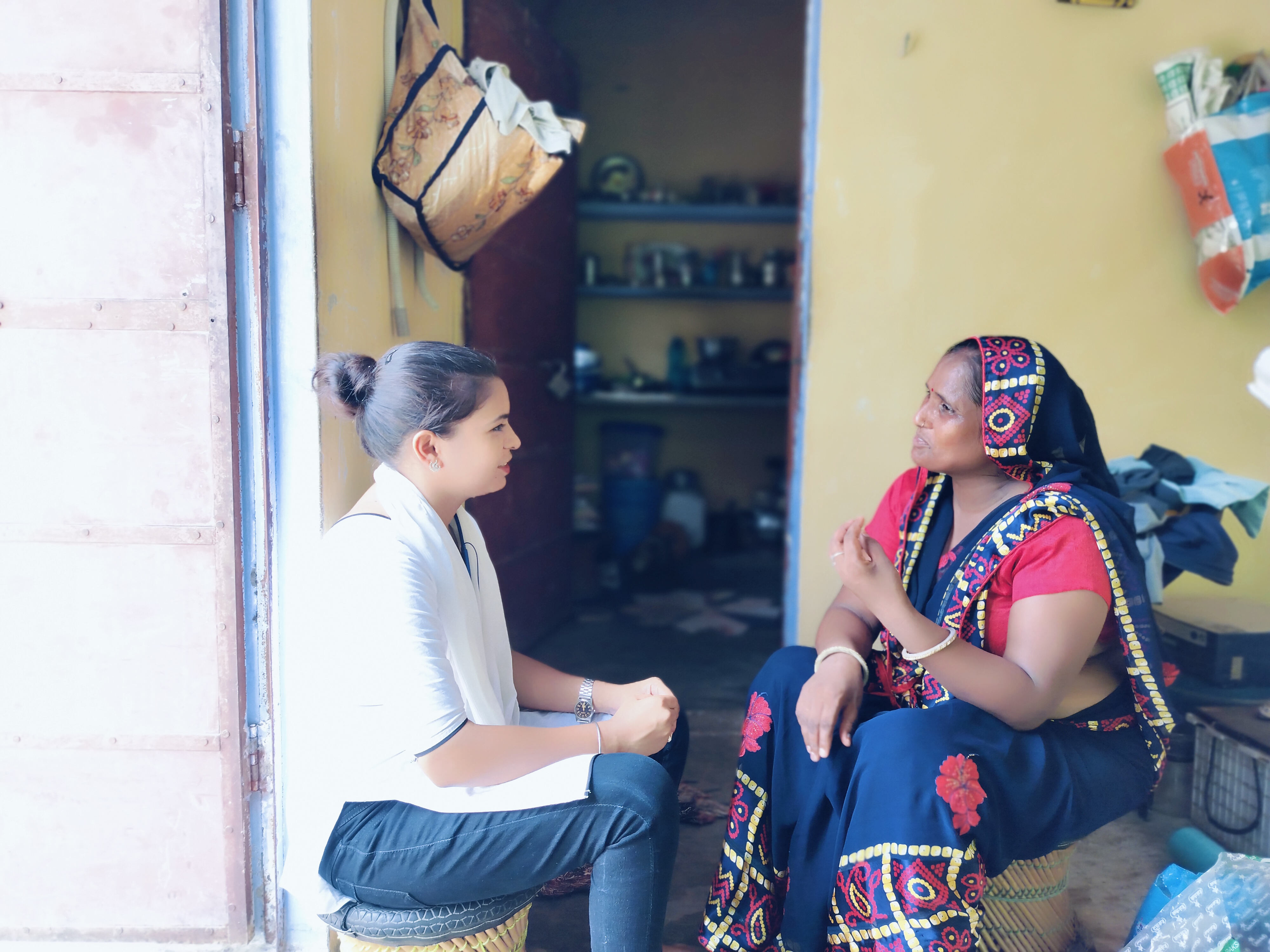
In the heart of Madhya Pradesh’s Neemach district lies Bhagwanpura, a village that epitomizes the digital divide in rural India. The Digital Empowerment Foundation (DEF) has taken on the challenge of bringing digital literacy and livelihood opportunities to this remote community and others like it in Rajasthan’s Chittorgarh district.
Bhagwanpura, with its population of 1500 spread across 350 houses, faces severe educational challenges. The village, predominantly inhabited by Gujar (OBC) and Bhil (ST) communities, has alarmingly low education rates, especially among women and marginalized groups. The lack of digital infrastructure is stark – there’s no E-Mitra cyber cafe or CSC center, and only an Anganwadi serves as an educational facility.
DEF’s initiative focuses on providing basic computer education to individuals like Seema Gujar and Jshoda Gujar, who despite completing 10th and 12th grade, had no prior computer knowledge. The training includes essential skills such as emailing, using MS Office applications, conducting Google research, navigating social media, and performing online transactions.
The foundation faces numerous challenges in its mission. Transportation is a significant issue, with field workers often having to walk 4-5 kilometers or resort to unsafe hitchhiking. The agricultural nature of the village means that most residents are unavailable during the day, forcing evening field visits that pose safety concerns for lone workers returning at night.
Cultural barriers also exist. Many women lack access to phones and show little interest in digital learning, questioning its relevance to their lives. During community meetings, some villagers resist having their photos taken, fearing misuse. Caste dynamics also play a role, with some individuals trying to influence the placement of digital centers based on caste affiliations.
Despite these hurdles, progress is being made. Two women from Bhagwanpura have been sent for an intensive computer course and will be considered for roles in the Information Panor. The foundation is also working to include Persons with Disabilities (PWDs) in their initiatives, having identified two individuals with 80% leg disability who possess basic computer skills.
Community engagement is a crucial aspect of DEF’s work. Awareness meetings have been held to inform villagers about government schemes and the benefits of digital literacy. These discussions cover the advantages and disadvantages of digital technology and its necessity in modern life. So far, 35 women from Bhagwanpura have participated in these community meetings.
The impact of DEF’s work extends beyond Bhagwanpura. In Chittorgarh, Rajasthan, individuals like Laxmi Bunkar from Chhapri village and Ratna Reger from Modakheda village have expressed interest in running digital centers. Sonia Kharol from Jupadia village has already been appointed as a DEF tour Information Prenor, equipped with a laptop and printer.
A success story emerges from Banakia village, where 24-year-old Jyoti Maheshwari has been running a DEF tour center for a year. She has connected 1200 beneficiaries to various schemes and services, establishing a strong identity for herself and the foundation in the process.
The work of DEF, spearheaded by individuals in Madhya Pradesh, demonstrates the potential for digital empowerment in rural India. Starting from “zero level,” they have established five centers and conducted scheme camps to raise awareness and provide digital services.
As this initiative continues to grow, it faces the dual challenge of overcoming infrastructural limitations and changing cultural perceptions about digital technology. However, the gradual improvements seen in villages like Bhagwanpura offer hope for a future where rural India is not left behind in the digital revolution. The journey of digital empowerment in these villages is not just about teaching computer skills; it’s about opening new doors of opportunity and connecting isolated communities to the wider world.









